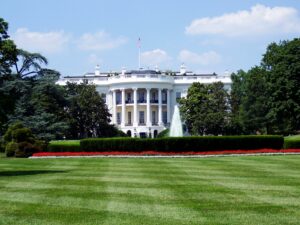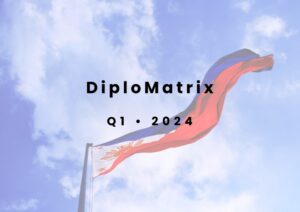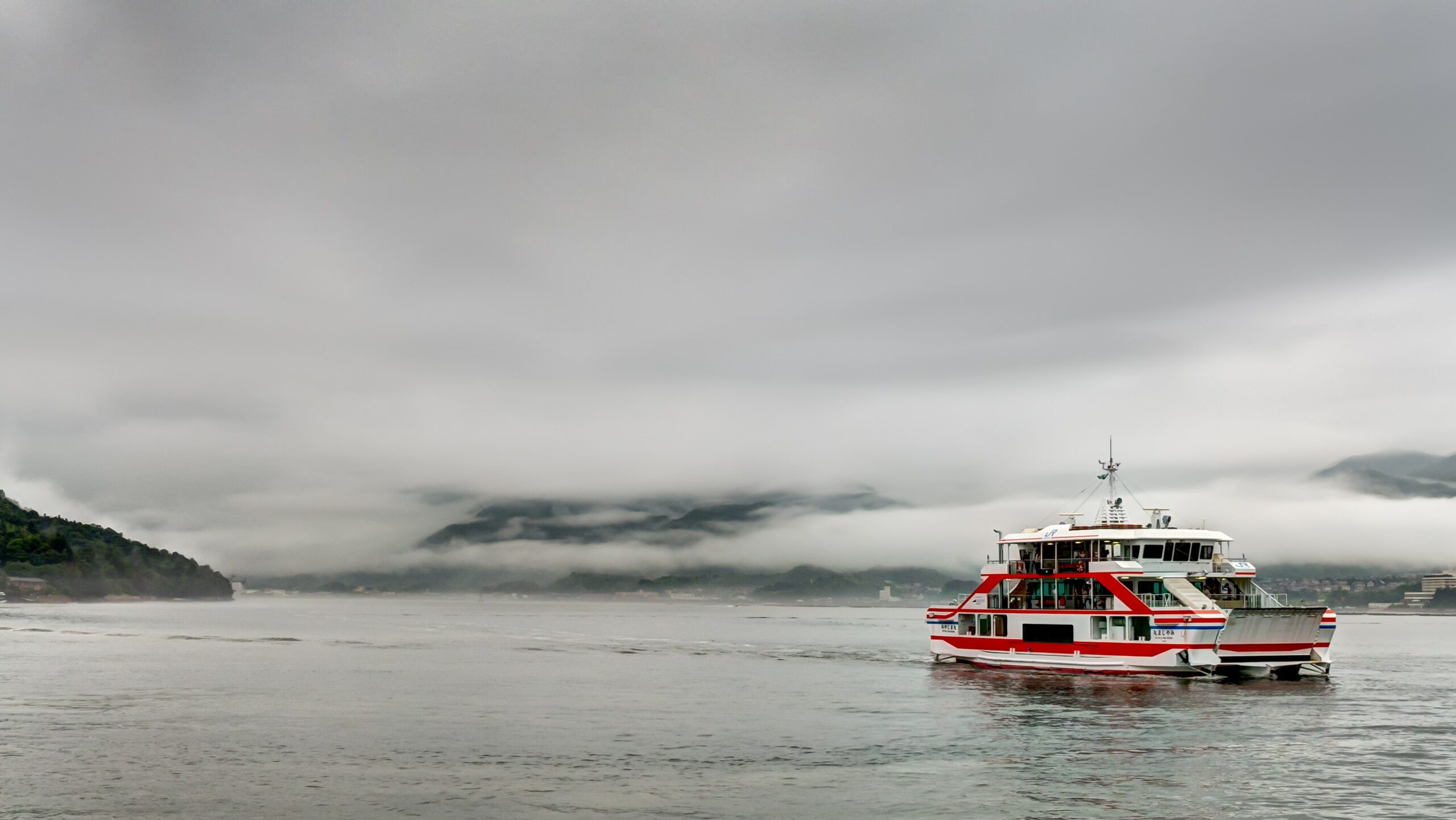Jay Tarriela, commissioned officer of the Philippine Coast Guard with the rank of Lieutenant Commander and a Ph.D. candidate and a Japan International Cooperation Agency (JICA).
Note d’actualité de l’Observatoire de l’Asie du Sud-Est, cycle 2018-2019, Avril 2019
Since 1969 Japan has relied on Japan Coast Guard in ensuring that its sea trade route in Southeast Asia is safe, clean, and protected. Unlike other developed countries, Japan’s pacifist constitution and imperialist legacy made it difficult for Tokyo in employing Japan Maritime Self Defense Force (JMSDF) to perform such roles in the region. As a result, Japan has innovatively formulated “coast guard diplomacy” in three phases: maritime safety, marine environmental protection, and maritime law enforcement. However, the security landscape in the region has changed due to the rise of China. Beijing had been very assertive in justifying its territorial claims in the South China Sea. This paper argues that such development compelled Prime Minister Shinzo Abe to once again relied on the established coast guard diplomacy, but he defined its new phase, the maritime security. Accordingly, there are four salient actions that set the maritime security phase of JCG as initiated by Abe: JCG’s institutional reforms; the utilization of official development assistance (ODA) to support the coast guard organizations in Southeast Asia; the Japan International Cooperation Agency (JICA) funded Maritime Safety and Security Policy Program (MSP) for coast guard officers in Asian countries ; and the utilization of minilateral approach in strategizing Abe’s maritime security phase of coast guard diplomacy.
- Introduction
- JCG’s Institutional Reforms
- Japan’s Support to Southeast Asian Coast Guards
- JICA Funded Maritime Security and Security Policy Program
- Abe’s Minilateral Approach in Pushing for JCG’s Maritime Security Phase
- Policy Implications
- Conclusion




